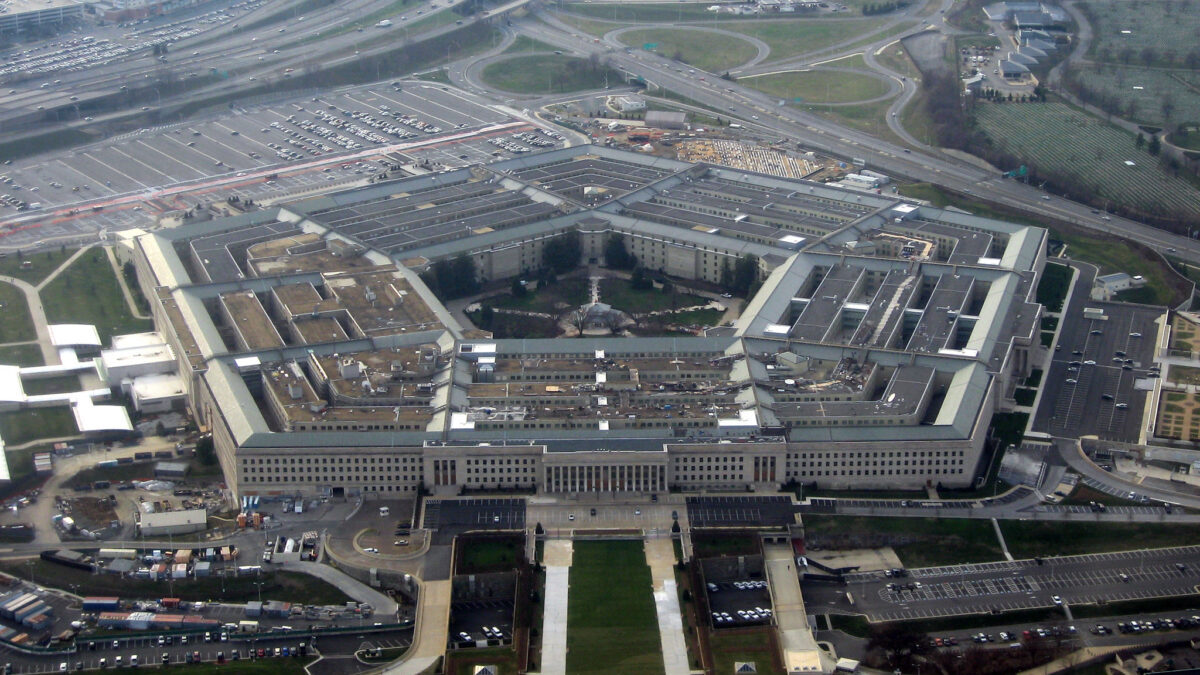Renewable energy opens doors for Chinese grid attacks, warn experts.
America’s increasing reliance on intermittent power sources and batteries is creating novel risks, according to grid specialists who testified before Congress on July 18.
Many of the greatest among them emanate from a key geopolitical rival, China.
That’s partly because the new technologies frequently use inverters. When solar panels, wind turbines, and battery systems generate or store direct current electricity, inverters turn it into the alternating current electricity that flows through the grid.
Paul N. Stockton, a senior fellow at Johns Hopkins University’s Applied Physics Laboratory, opened what he called a “rabbit hole” in response to a question on inverters during the House Energy & Commerce hearing.
“Do we have a satisfactory supply of inverters for all of the renewable energy that’s being brought into the grid?” Rep. Michael Burgess (R-Texas) asked Mr. Stockton, who also holds positions on subcommittees in the Department of Defense and the Department of Energy.
“Manufacturers in China are important producers of inverters being deployed nationwide, across the United States,” Mr. Stockton responded.
He explained that the country’s reliance on Chinese inverters could jeopardize grid security.
“Sure, we’ve got inverters. Some of them are made in China. Others may be manufactured for final assembly in friendly nations, but they might have components—hardware, software, and firmware—that could provide attack vectors. And the constant updating of firmware from the cloud and by service providers—who’s on top of that for maintaining adequate security? Congressman, that’s an opportunity for progress,” Mr. Stockton said.
Solar Panels With Parts From China
The United States’ use of solar panels with parts from China that are assembled in Southeast Asia has been a source of controversy in this Congress. President Joe Biden vetoed a bill that would have ended his temporary pause on tariffs affecting those panels.
In his written testimony, Mr. Stockton elaborated on the ways inverter-based resources “provide China with new opportunities to disrupt the grid.”
He referred to a 2022 report from the Department of Energy outlining the cybersecurity risks associated with the changes to America’s grid.
“I propose that we prioritize our efforts to prevent Chinese leaders from accomplishing their goals in attacking the grid,” Mr. Stockton wrote.
He noted that inverter-based resources have some advantages, testifying in writing that they “have provided reliable, much-needed power during the 2023 heat domes and other extreme events.”
“Yet, they are also prone to catastrophic failures that can put the grid at risk.”
Rep. Kathy Castor (D-Fla.) also asked Mr. Stockton about inverter-related vulnerabilities facing the United States.
Mr. Stockton offered a central recommendation to the lawmakers in attendance:
“Above all, ensuring that at the level of the devices, we hold manufacturers’ feet to the fire and ensure the adoption of safe and secure inverters, instead of relying on individual utilities or energy aggregators or other entities within the larger electric system to do their own homework.”
Bruce J. Walker of the Alliance for Critical Infrastructure Security voiced similar concerns about the threat from China, citing the U.S. intelligence community’s 2023 threat assessment.
Yet, he and Mr. Stockton offered contrasting perspectives on the decentralization that could be afforded by the rise of wind and solar.
Mr. Stockton argued in written testimony that decentralization could make the grid “more difficult to disrupt than today’s version, which relies on a sm
" Conservative News Daily does not always share or support the views and opinions expressed here; they are just those of the writer."





Now loading...